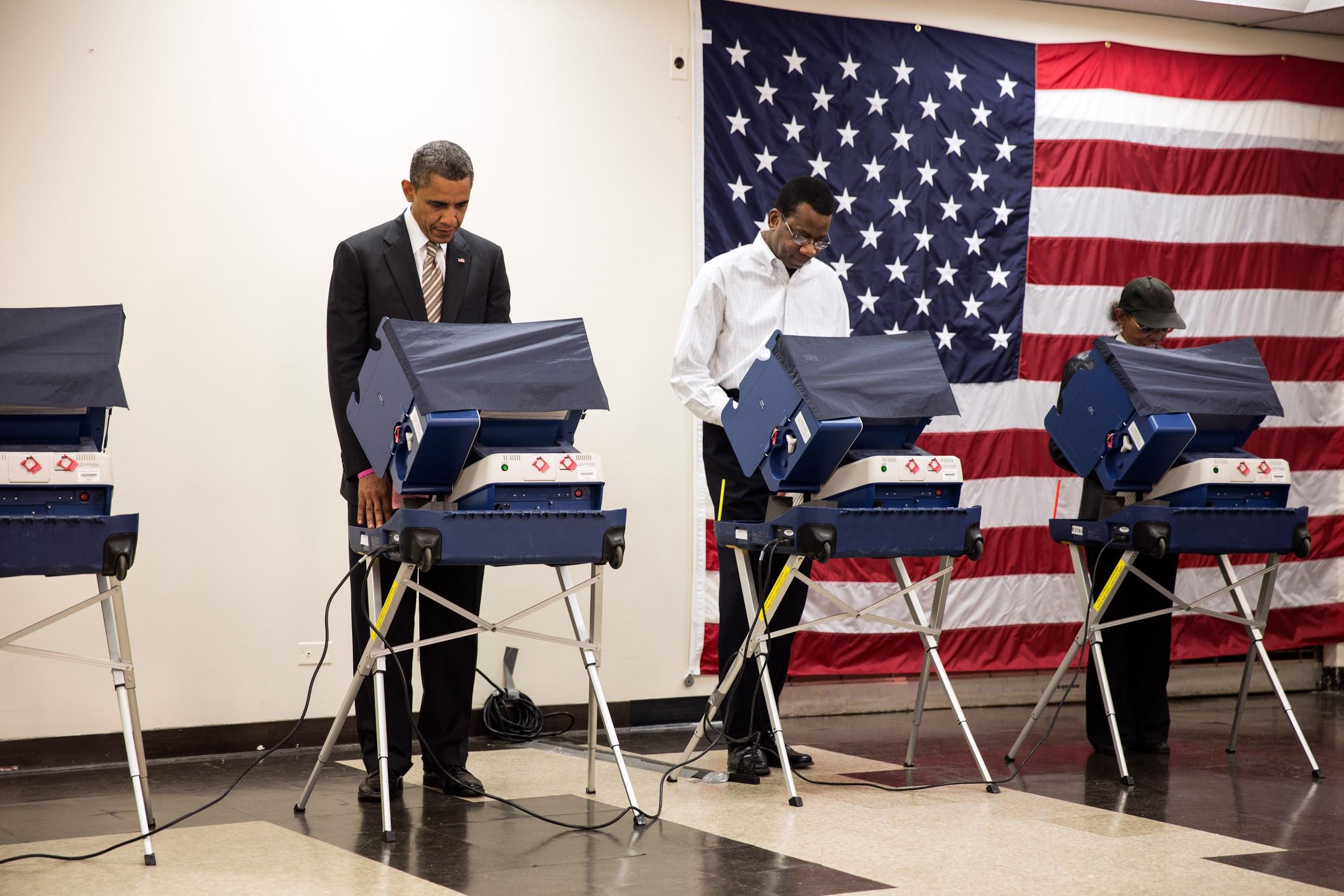
The 2016 election has been one of the most partisan elections in United States history. Mention the names Trump or Hillary to anyone, and you are inevitably going to receive strong opinions in response. Despite this, there is only a 60 percent chance that these opinions will be expressed come November, according to a report by the Pew Research Center. The report also showed that if you are under the age of 35, a demographic that makes up roughly 31 percent of the overall electorate, you are even less likely to vote.
The 2012 report showed that millennials have historically had the lowest voter turnout of any age group, and only 46 percent of us voted in the last presidential election. This was one of the highest millennial turnouts on record, yet it still means more than half of us are not voting. The statistics were even more alarming for the presidential primaries this year, in which only 28.5 percent of eligible voters —not just millennials —participated. These numbers are incredibly discomfiting in a nation that is one of the world’s oldest continuous democracies: when ranked by the Pew Research center this past August, the United States had the ninth-lowest voting rate among the 35 countries in the Organization for Economic Cooperation and Development, an international forum where the governments of 34 democracies collaborate with more than 70 other economies to promote sustainable economic prosperity.
The scariest part of all these statistics is that the demographic that will be most affected by current politics is the one that is not voting. For whatever reason, young adults who could be voting on the future they will have to live through are unmotivated to do so. When I ask people why they do not vote, it usually comes down to apathy, or they feel that the Electoral College system, gerrymandered districts or being registered in a minority party makes their vote inconsequential.
For those who do not care about voting or politics, my words are not for you, and you should probably just go live in a country where you do not have to worry about such things and your choices are made for you. Or you could read “1984” and get back to me. But for those of you who are discouraged because you feel your vote does not matter, there are a lot of reasons why it does, and I hope you show up in November to participate in a democracy that so many people have fought for.
Regardless of how discouraged you might feel, your vote matters. One of the reasons President Obama has trouble passing legislation is that his party doesn’t have control over Congress, which is why party majorities make such a big difference. So even if you’re a minority voter in your district, your vote will make a difference when it comes to the House and the Senate. This is how voters affect the Electoral College and why midterm elections, in addition to the all-consuming presidential election, are so important.
Voting also means our democracy is representing its citizens the way it’s supposed to. When you think about issues like raising the minimum wage, an issue supported by nearly 75 percent of Americans, it seems concerning that nothing has been done about it —until you realize that 80 percent of people making $75,000 or higher voted in 2012, while only 60 percent of those earning less than $50,000 voted. The Pew Research Center conducted this study just last year, and we still haven’t seen progress towards raising the minimum wage. This is just one example of why not voting means our government misrepresents its people.
In addition, elected officials respond to the voting trends in their districts. If a Democratic congressman sees that his district has seen a rise in conservative voters, he is likely to attempt more moderate policy stances in the future. By reducing a representative’s margin of victory, voters can make seats less secure and force politicians to care about what the minority wants. Politicians also give more public resources to the demographics that vote. After the Voting Rights Act was passed in 1965, states began funding more African-American communities because they were voting. If millennials were more likely to vote, more politicians would likely champion financial aid and college tuition legislation in order to garner more votes. By voting, you represent your opinions and desires in the political community and are much more likely to see change.
These changes are even more possible on a local level. Want to legalize marijuana in your state? Four states have voted on the issue through ballot referenda without any influence from new legislation. You can also vote locally on legislation that directly affects you, such as education, discrimination laws and reproductive rights. This is just another way voters can change legislation for their communities.
By not voting, you not only take away your own voice in politics, but you also abuse your right to vote in the first place. Both women and African Americans have only had this right for less than a century. There are still many accessibility issues that disenfranchise citizens across the nation, be it previously incarcerated citizens, people who struggle to get transportation, forms of ID, time off of work, delayed citizenship status or any number of limitations. Ultimately, your vote is a right that should not be ignored, and whether you want to see Trump, Hillary or a third party candidate in office, it’s important that you vote. If you live in South Carolina, mark Nov. 8 on your calendars and show up to the polls. If you are from out of state, I suggest that you print off your absentee ballot as soon as possible, mail it to your district, and wait for your ballot to come to you. Most states’ registration deadlines are in mid October. Presidential elections are exciting examples of our democracy in action, and I would hate for anyone to miss it.
